Conservation Jobs: Senior Communications Officer
I feel very lucky to find a job that combines my degree in Conservation Biology and my passion for communications and writing.
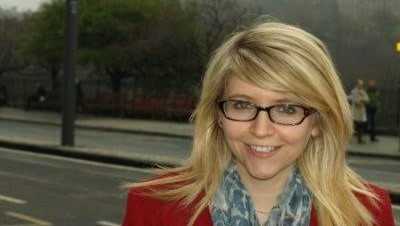
Alex Pearce has a chat with Emma Oldham – Senior Communications Officer for the Wildlife Trusts.
Hi Emma, what is your current role?
Senior Communications Officer for The Wildlife Trusts.
And what does that role entail?
I work as part of the Communications and Development team at The Wildlife Trusts’ central office, helping to support and deliver printed and online national content to all 47 local Wildlife Trusts. This ranges from editing our junior membership magazine Wildlife Watch, choosing high-quality photos for our branded calendars and greeting cards and managing and talking to journalists, designers, illustrators and photographers to develop great content for our magazine, Natural World, website and social media accounts.
Although my job title is communications focused I also spend a lot of time strategically developing and supporting the Trust’s educational work. This ranges from managing our Wildlife Watch website, producing online educational resources, running training and educational conferences around the UK and supporting our Wildlife Watch leaders and members. These duties can range from talking and networking with teachers to provide resources in the classroom, delivering support and advising Trusts on managing their volunteers or producing our monthly family e-newsletter.
I also play a large role in managing and taking care of our educational/child-focused corporate relationships. Whether it’s producing nature scrapbooks for Busy Bees nursery children or pulling together communication plans with Brambly Hedge, we’re always working with someone exciting!
What does a typical day see you getting up to?
As you can tell from the last question, my job is very varied. It is 90% office-based, where I’m either at my laptop proof-reading and commissioning features, or at the end of the phone supporting Trust staff or meeting up with our partners. Some days fly by with my head stuck under a pile of proofs, while other days, I’ll be in and out of meetings and balancing ten different jobs on the go – all great experiences to encounter as it teaches you to be flexible and prioritise deadlines. Some days I’m very lucky to get out in the field and stuck into a Trust’s educational project! This has included doing WOGA (Woodland Yoga) in Wiltshire with a class of children, to seeing stag beetles and holding toads at London Wildlife Trust’s Camely Street for Empty Classroom day. Getting out experiencing these sessions enables me to take photos and write features on how Trusts are engaging children with nature – which is what I’m really passionate about.
Other days I’ll be working across teams, working with our Living Seas officer to ensure we’re producing content on marine life for younger audiences, or working with our Corporate team to help produce printed booklets for garden centres! There’s always something different happening so it’s very hard to describe a typical day!
I also line manage a small team of people, so it’s my duty to ensure they feel supported and are developing throughout their time with The Wildlife Trusts. Time with my team ranges from training them in new areas, offering support and guidance when needed and ensuring they’re managing their workloads.
What are the most important skills required for your role?
I wouldn’t be able to survive in my job role without learning to be flexible and being able to prioritise. Balancing so many things on the go from print deadlines, responding to social media content, hosting and running conferences and joining in last minute meetings are hard to manage unless you’re flexible. I’ve learnt to take each day as it comes, responding to any opportunities that come our way and dealing with the most important tasks first.
When you’re working in communications, it is also very important to be able to proof-read and write to high a standard which means having an eye for detail. You’ve also got to be able to produce high-quality content that is factually and grammatically correct. Understanding image licensing, printing procedures and ensuring you’re using reputable sources are all key in producing good content. You’ve also got to be able to give good briefings. Whether you want a journalist to visit a nature reserve and write about its impact on the local community, or produce an exciting summer wildlife booklet, you’ve got to be able to brief designers, illustrators and writers etc. as thoroughly and on brand as possible. Working to tight deadlines and managing the flow of key is also key to ensuring it goes out on time.
As I work alongside so many different Trusts, partners and members I’ve also got to ensure that good relationship management is one of my key priorities. You’ve got to work hard to let your members feel valued, partners feel equal and that local Trusts are being supported. Being friendly, professional and polite goes a along way. There will also be times when you’re expected to go above and beyond your job role, or to handle things diplomatically when they don’t always go to plan.
Line management also requires a duty of care. Putting the people in your team before yourself goes a long way. Ensuring that your team is growing and learning is also important in keeping them engaged and motivated.
One final thing to mention is passion. Feeling passionate and believing in what your communicating and campaigning goes a really long way!
How did you get into this role?
I feel very lucky to find a job that combines my degree in Conservation Biology and my passion for communications and writing – especially a job that is a cycle-ride away too! Before The Wildlife Trusts, I was the Senior Communications Officer for Ocean Thermal Energy, leading on a campaign called Empower the Ocean. Promoting the sea as a resource for clean energy and fresh drinking water with the use of ocean-renewable technologies, I rallied up support for clean energy, energy-independence for islands and tackling water poverty. Before that, I was a journalist for a sustainable living magazine and writing as a freelancer. Always been passionate about conservation I’ve also spent many years volunteering across the UK, from path-laying, helping to run a Wildlife Watch group to seal pup counting on the Calf of Man. All of these placements increased my confidence and knowledge in working within the natural environment.
What sort of advice would you give to someone interested in such a role?
Get as much experience as possible. If you want to be a writer or journalist it is important to start building up your name. Networking and writing voluntary pieces helped me achieve this the most. I had to persevere and give up a lot of time for free to begin with, but before I knew it, I was soon being approached by environmental NGOs and news providers for paid work.
If you want to work in outdoor education getting out with a school or Wildlife Watch/ Scouts / Guides group is extremely helpful. Once you’ve got the confidence to work with children you can soon bless them with your passion for wildlife and get them just as excited about it as you are!

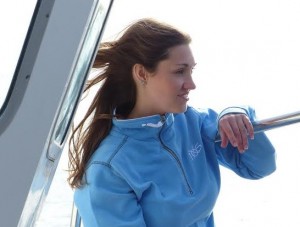
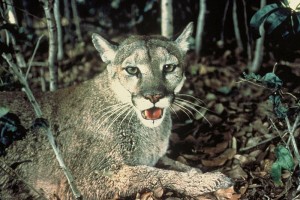
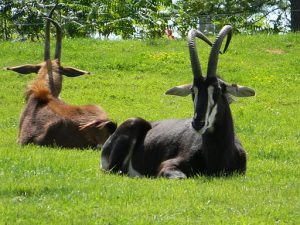
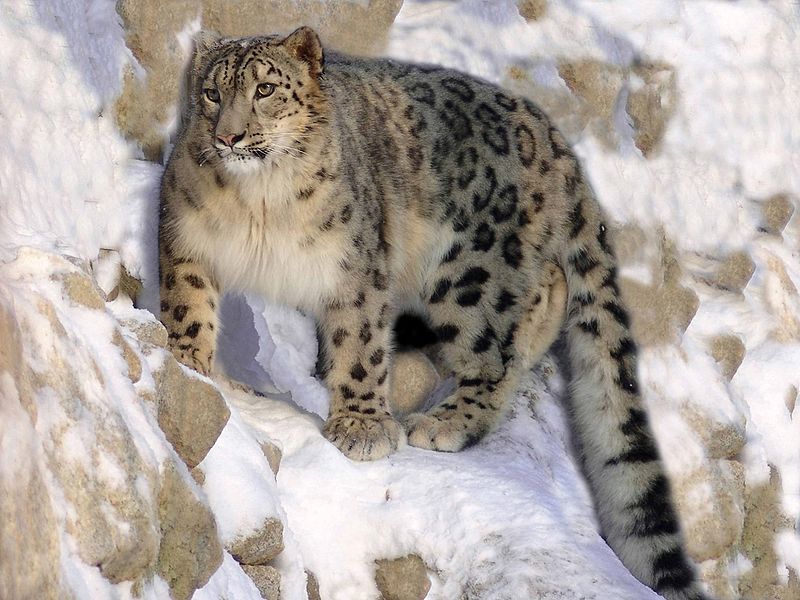
No comments yet.